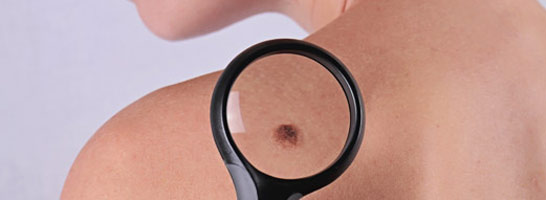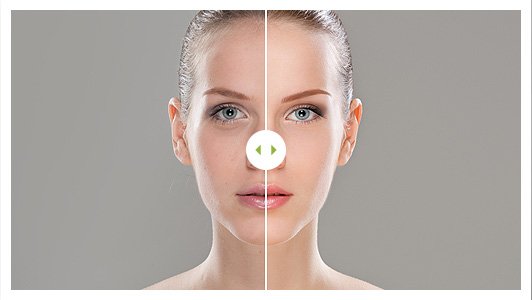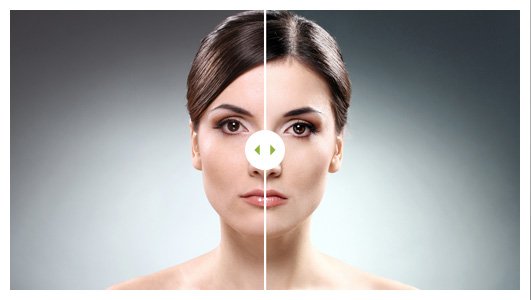Skin Cancer Treatments
Highly-qualified skin cancer treatment in San Mateo, CA
You rarely hear someone say, “it’s only skin cancer,” because most people realize that this condition can have grave health impact. At Allura Skin & Laser Center in San Mateo, CA, we hope you never hear that diagnosis, and we work closely with you to avoid it. Yet, if you ever have a skin cancer, you can count on leading treatment options in the hands of Dr. Bruce Maltz and Dr. Carie Chui.
Skin cancer basics
The first recorded description of skin cancer is attributed to Hippocrates in 5th century BC, and 2,400 year old mummies in Peru show evidence of it. Yet skin cancer didn’t become commonplace in our culture until Coco Chanel made tanning fashionable in the 1920s. Today, 5.4 million basal and squamous cell carcinomas are diagnosed each year, and more than 9,000 people die of melanoma. These are the most common types of skin cancer, but there are many varieties, and their appearance may mimic other skin disorders. Accurate diagnosis by a qualified dermatologist is critical.
While heredity and environment play a role in skin cancer, sun exposure – both acute burns and cumulative damage – is the primary risk factor. The best way to reduce risk of developing skin cancer is to protect your skin with full-spectrum, high SPF sunscreen . . . all over, every day (even cloudy ones). Schedule a baseline full body check at Allura Skin & Laser Center, and annual professional screenings. The doctor will also show you have to perform a monthly self-check, to have suspicious changes examined right away.
Advanced skin cancer treatment available in San Mateo, CA
Incidence of skin cancer is on the rise, but fortunately so are treatment options. After thorough evaluation and biopsy of a lesion, Dr. Maltz or Dr. Chui may recommend:
- Topical medications
- Excisional surgery
- Electrosurgery
- Cryosurgery
- Laser surgery
- Radiation therapy
In addition, Dr. Chui is a trained Mohs micrographic surgeon – a precise method of mapping the borders of a lesion and removing it a layer at a time. This meticulous method results in minimal destruction of healthy surrounding tissues, and an extremely high cure rate. Mohs is appropriate for squamous cell cancers, some melanomas, and recurring lesions.



